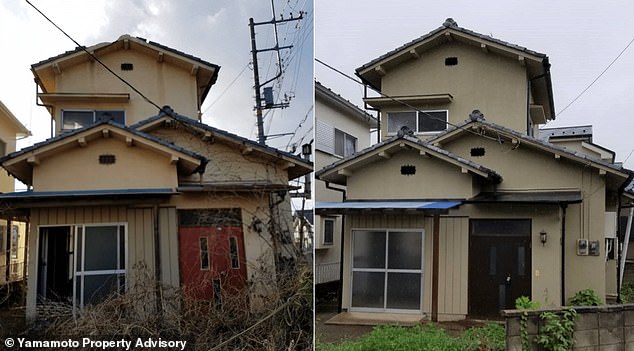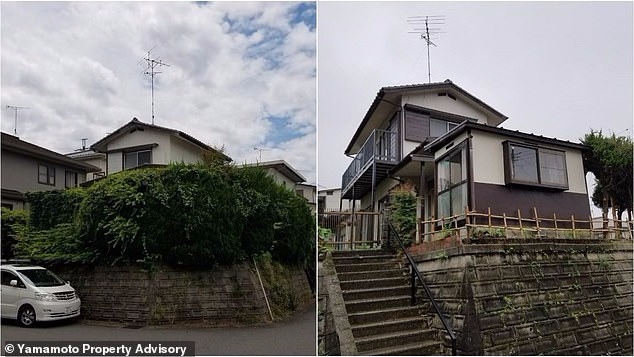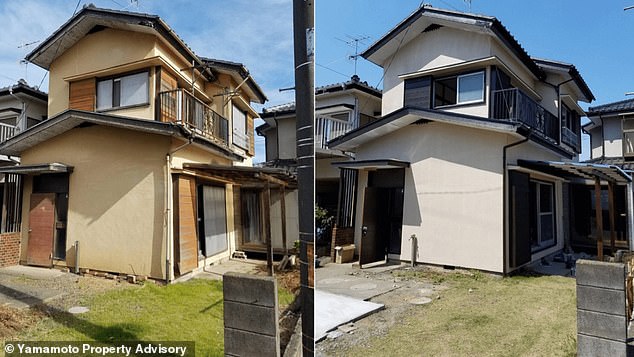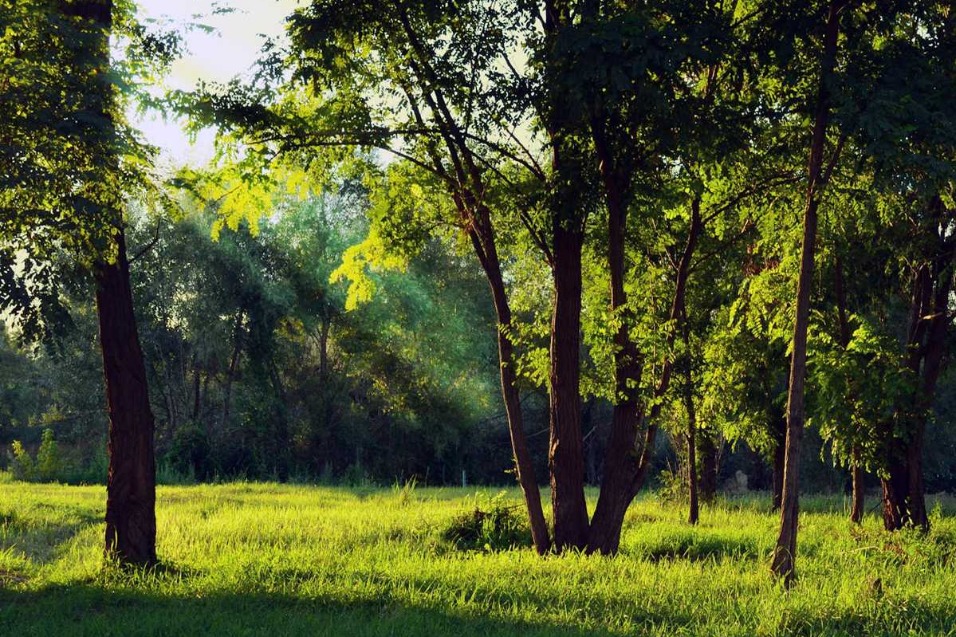日本千万套房产免费送,但还是有人不想要? Japan is GIVING AWAY abandoned homes and selling others dirt-cheap because superstitious buyers don't want an 'unlucky' house
中国日报网 2018-11-30 13:47

由于越来越多的房产被废弃,日本正以极其低廉的价格出售这些房产,甚至免费赠送。但由于迷信思想,一些日本人将这些房产和自杀或“孤独死”等联系起来,还有一些人则是怕购买这些房产会被视为“失败者”。

Japan is giving away homes or selling them at heavily discounted prices amid a growing number of abandoned properties.
由于废弃的房产越来越多,日本正将这些房产免费赠送,或以极其低廉的价格出售。
The country has an estimated 10 million empty homes, and its 'Akiya' scheme is designed to address this problem while helping young families to get into the property market.
据估计,日本目前大约有1000万套废弃房产,因此发起了名为Akiya的项目,以解决这一问题,同时帮助年轻家庭购置房产。
Some local governments are also handing out subsidies to new homeowners for renovation projects.
一些地方政府还将为新业主翻修房屋提供补贴。
'Akiya' means 'vacant' or 'abandoned' in Japanese. Properties up for grabs tend to be in rural areas which have seen an exodus of young people heading for the city.
在日语中,Akiya的意思是“空置的”或“废弃的”。这些废弃房产大多位于农村地区,大批年轻人已经离开这些地区,去城市生活。

Japanese superstition also makes it tougher to sell old homes because buildings associated with the likes of suicide, murder, or 'lonely deaths' are considered unlucky.
日本的迷信传统也使空置与废弃的房产更难售出,因为这些房产往往与自杀、谋杀、或者“孤独死”有关,在日本,这种房产被认为是不吉利的。
Japan's population has been gradually shrinking since 2010 when it stood at 128,551,873, to today's figure of 127,185,330, according to data from Worldometers.
根据世界实时统计数据网站的数据,自2010年以来,日本的人口一直在逐渐减少。2010年,日本共有1亿2855万1873人,而如今只有1亿2718万5330人。
In 2013, Japan's Ministry of Internal Affairs and Communications estimated there to be 8.2 million abandoned homes.
日本内政部和交通部2013年估计,日本大约有820万套废弃房产。
Kagoshima, Kochi and Wakayama were the front runners with more than 10 percent of homes in these municipalities vacant, and it is estimated that by 2033 more than 30 percent of all Japanese homes could be abandoned.
鹿儿岛、高知县和歌山县是废弃房屋最多的地区,比例甚至超过10%。据估计,到2033年,超过30%的日本房产将被废弃。
The 'Akiya' scheme gives these homes to young families for free (or at a vastly discounted rate), and in some cases offers subsidies to encourage owners to renovate the properties.
Akiya计划为年轻家庭免费提供这些房屋(或以极低的价格出售),并在某些情况下提供补贴以鼓励业主进行翻新。

要想参与这一计划,还需要满足一些要求。
For example, some local governments require all family members to be under the age of 43 and to have children young enough to attend junior school.
比如,一些地方政府要求所有家庭成员在43岁以下,还要有上小学的孩子。
The properties can be found via a range of 'Akiya Banks' that list the abandoned homes online.
人们可以通过多个Akiya房产库网站找到此类房产名录。
These 'Akiya Banks' allegedly ensure the purchasing process is simple and fast, making it a popular option for Japanese buyers and foreigners alike.
据称,Akiya房产库能够确保购买过程简单快捷,使之受到日本人和外国人买家的青睐。
Many find their rural locations and spacious layouts desirable, but there are a number of risks to consider when taking on an 'Akiya' property.
很多人表示,这些农村废弃房产宽敞的布局很合意。但在参与这一计划之前,还需要考虑一些风险。
Firstly is the cost of renovation which, in some cases, could amount to the same price as purchasing a property elsewhere.
首先,翻修的费用有时与在其他地方购买一套房产的价格一样高。
Another hazard is the ambiguity surrounding the property's abandonment, and what might stop an original owner turning up one day and demanding ownership.
另一个潜在风险是房产被废弃的不确定性:之前的业主可能有一天会突然出现,并要求归还所有权。
According to some, purchasing an 'Akiya' home is deemed 'absolute social failure', but with house prices in Tokyo creeping up (around $790,000 for a new build property in January 2018), it may be an option worth considering for many young families.
一些人认为,购买一套被废弃的房产会被视为“完全的社会失败者”,但鉴于东京房价不断上涨(2018年1月每套新房的价格已高达大约79万美元,约合548万元人民币),因此许多年轻家庭也不妨考虑一下这个选择。
英文来源:每日邮报
翻译&编辑:yaning

















 英语点津微信
英语点津微信 双语小程序
双语小程序